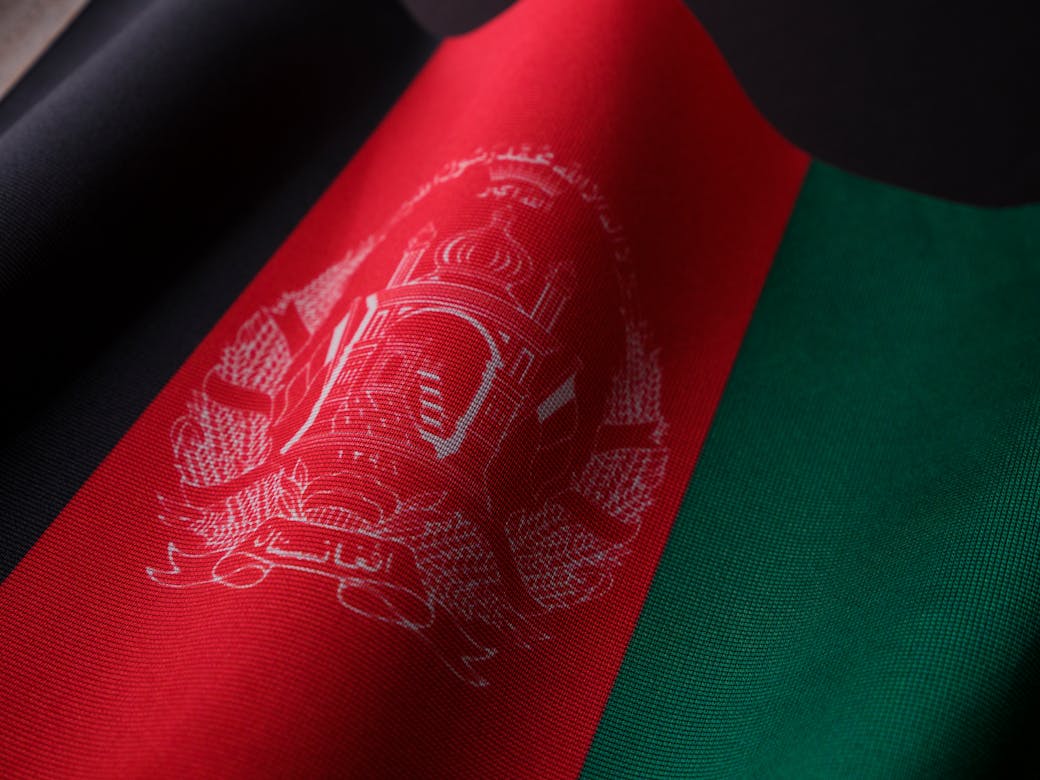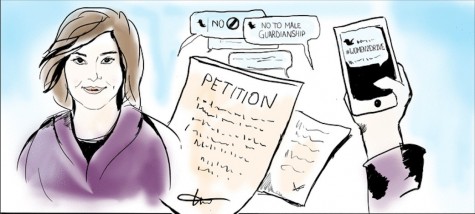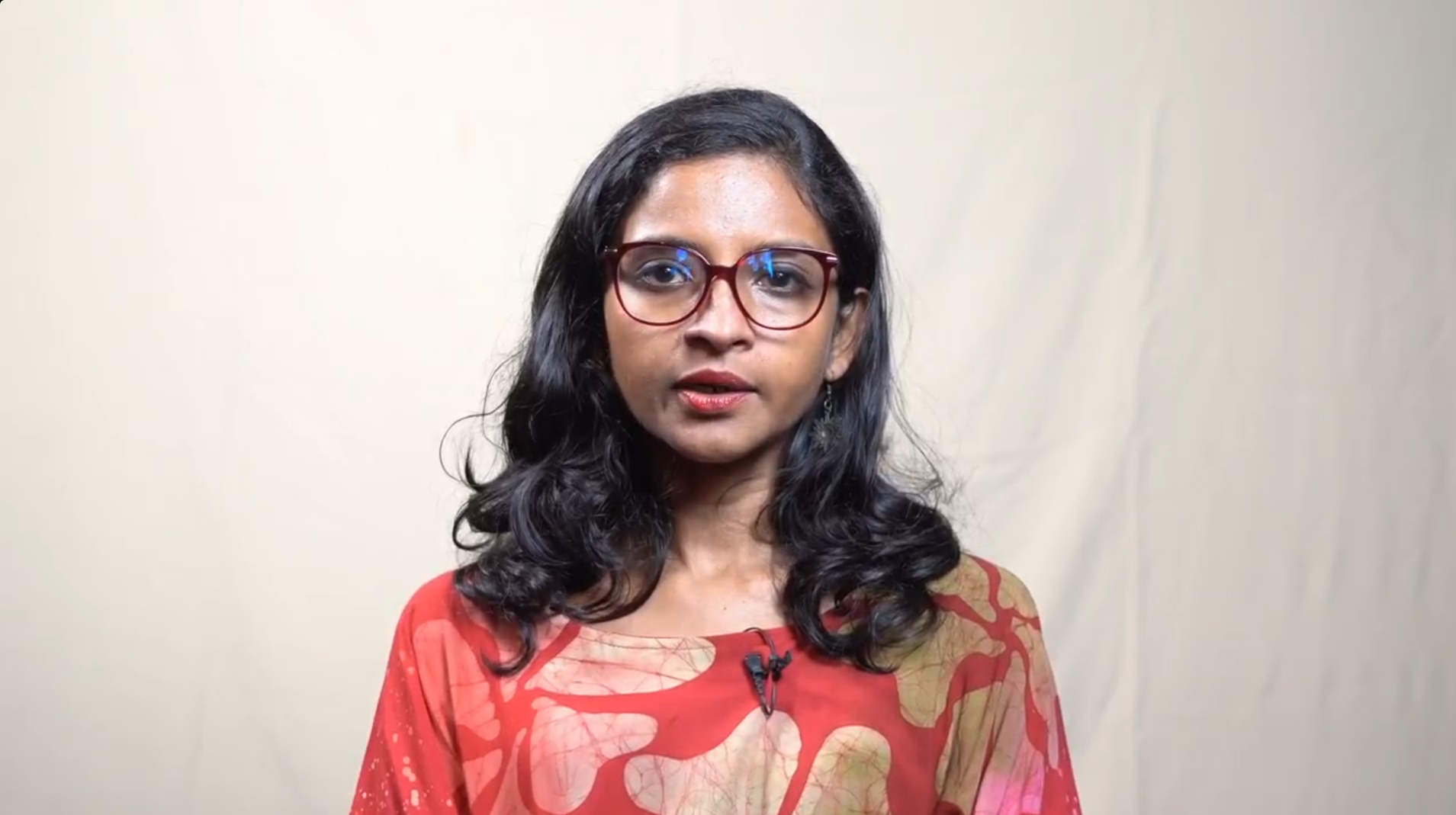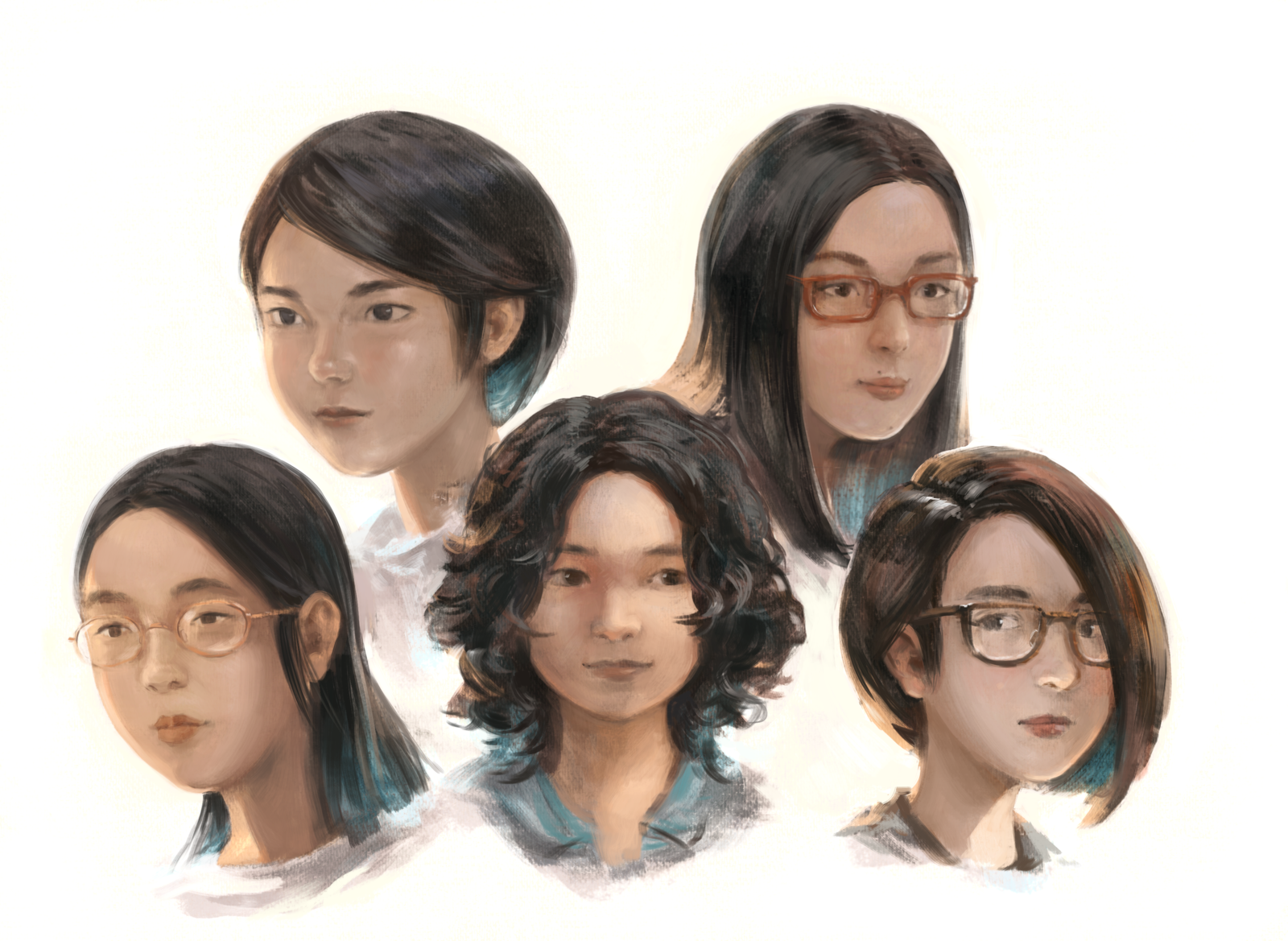Today marks two years since Saudi woman human rights defender (WHRD) Loujain Al-Hathloul was arrested in 2018. While several WHRDs also arrested in May 2018 have been provisionally released, Loujain and dozens of other women’s rights activists are still in prison. The trials have been stalled: they were referred to court in March 2019 and their scheduled hearing in April 2019 was postponed with no reason. The trials only recommenced in February 2020 and their last scheduled hearings in March 2020 were postponed indefinitely due to COVID-19. Others have not yet been tried.
The Saudi government has taken measures to implement some of the activists’ demands: lifting the ban on driving for women, and some restrictions of the male guardianship system, although the patriarchal and oppressive system is not entirely dismantled yet.
So why is the Saudi government detaining the same activists who were at the forefront of the campaigns against the male guardianship system and the right to drive for women?
Because of their activism. The women’s rights activists are being used to amplify the Saudi’s government message to its citizens: ‘Keep quiet and obey us. If you demand your rights, you will get punished’.
Several of the women’s rights activists were tortured and sexually assaulted. They told the Prosecution about their torture but it has so far failed to hold those responsible accountable.
For example, former senior advisor to the Royal Court, Saud Alqahtani, was physically present during some of the women’s torture and he threatened to kill one of the women. Agnes Callamard, the UN Special Rapporteur on extrajudicial, summary or arbitrary killings, found credible evidence warranting further investigation into al-Qahtani’s involvement in the killing of Jamal Khashoggi. The Saudi prosecutor publicly stated that al-Qahtani had demanded the abduction of Khashoggi on the grounds he was a threat to national security. However, he was never charged and remains free.
In 2019, the UN Human Rights Council shed an unprecedented spotlight on the human rights violations in Saudi Arabia. In March 2019, 36 States led by Iceland demanded the release of the activists and accountability for the murder of Khashoggi. In June 2019, the Council’s experts documented Saudi Arabia’s State responsibility for the murder of Khashoggi. In September 2019, 25 States led by Australia called on Saudi Arabia to adhere to its Council membership obligations and take concrete steps to improve its human rights record. During the same debate Lina Al-Hathloul called on the Council to help her hold those who tortured her sister accountable, and secure her immediate and unconditional release.
In April 2020, Saudi Arabia introduced some partial criminal justice revisions. In October 2020, Saudi Arabia is seeking re-election to the Council. In November 2020, it plans to host the G20 in Riyadh. It seems the Saudi government is eager to present itself as a ‘reformer’ and is seeking acknowledgement from the international community.
States need to use their leverage and this window of opportunity to push for the immediate and unconditional release of all the women’s rights activists and accountability for their torture.
It is the least they can do to support the brave activists who sacrificed their freedom, physical and psychological integrity for gender equality.
ISHR, as part of the Coalition of Free Saudi Activists, has been advocating for the immediate and unconditional release of Saudi women’s rights activists detained since May 2018. The Coalition released today an advocacy toolkit for States and businesses.




